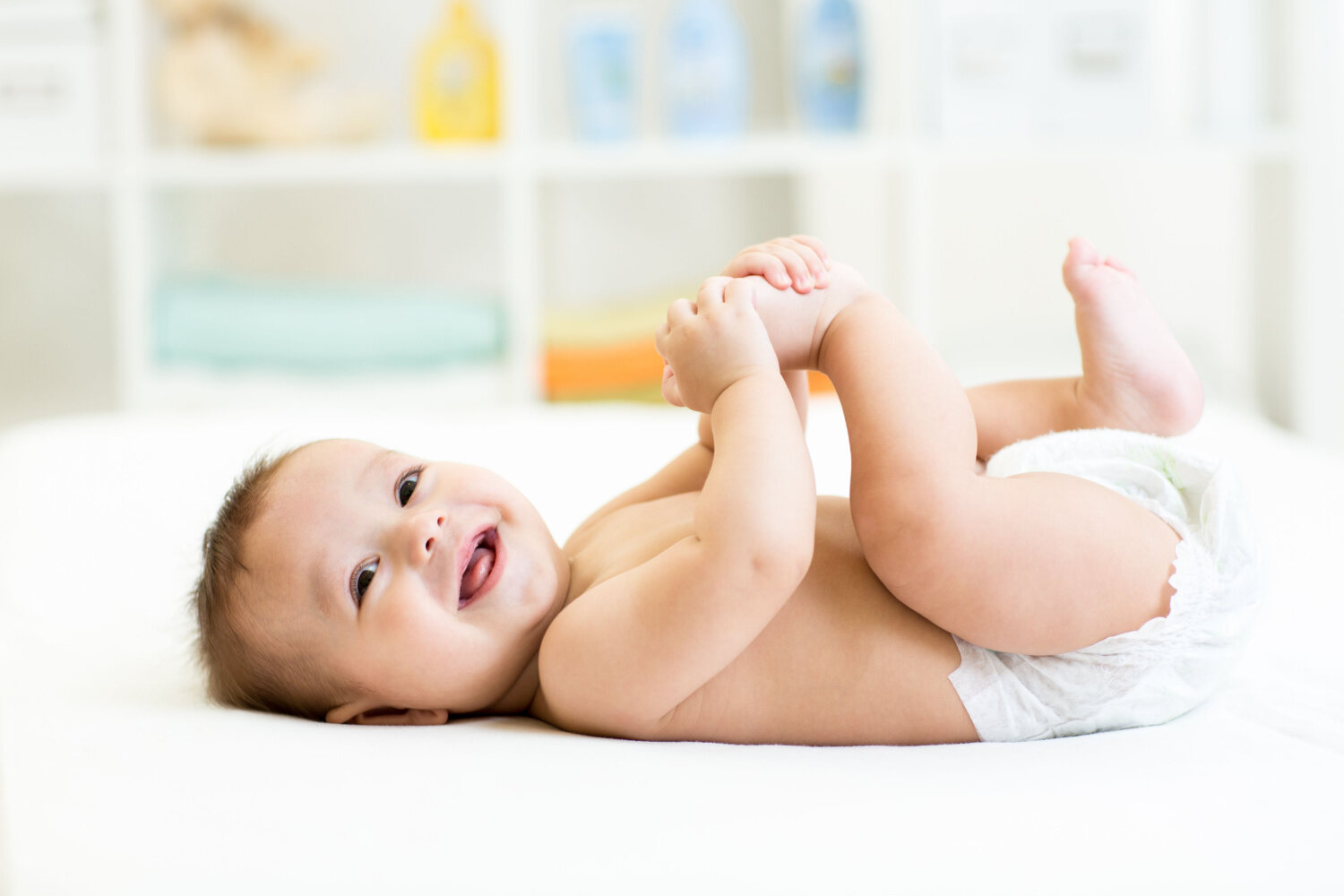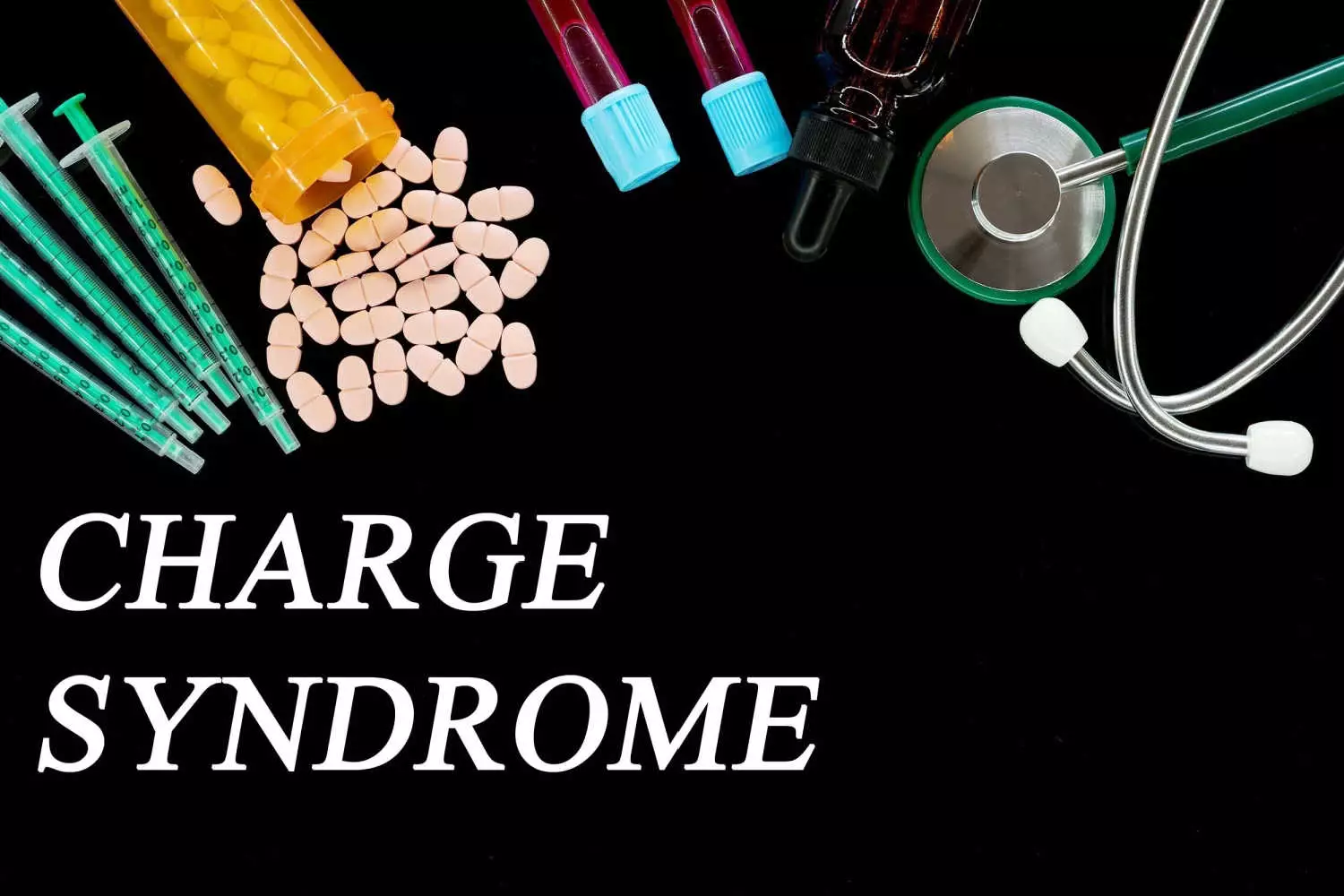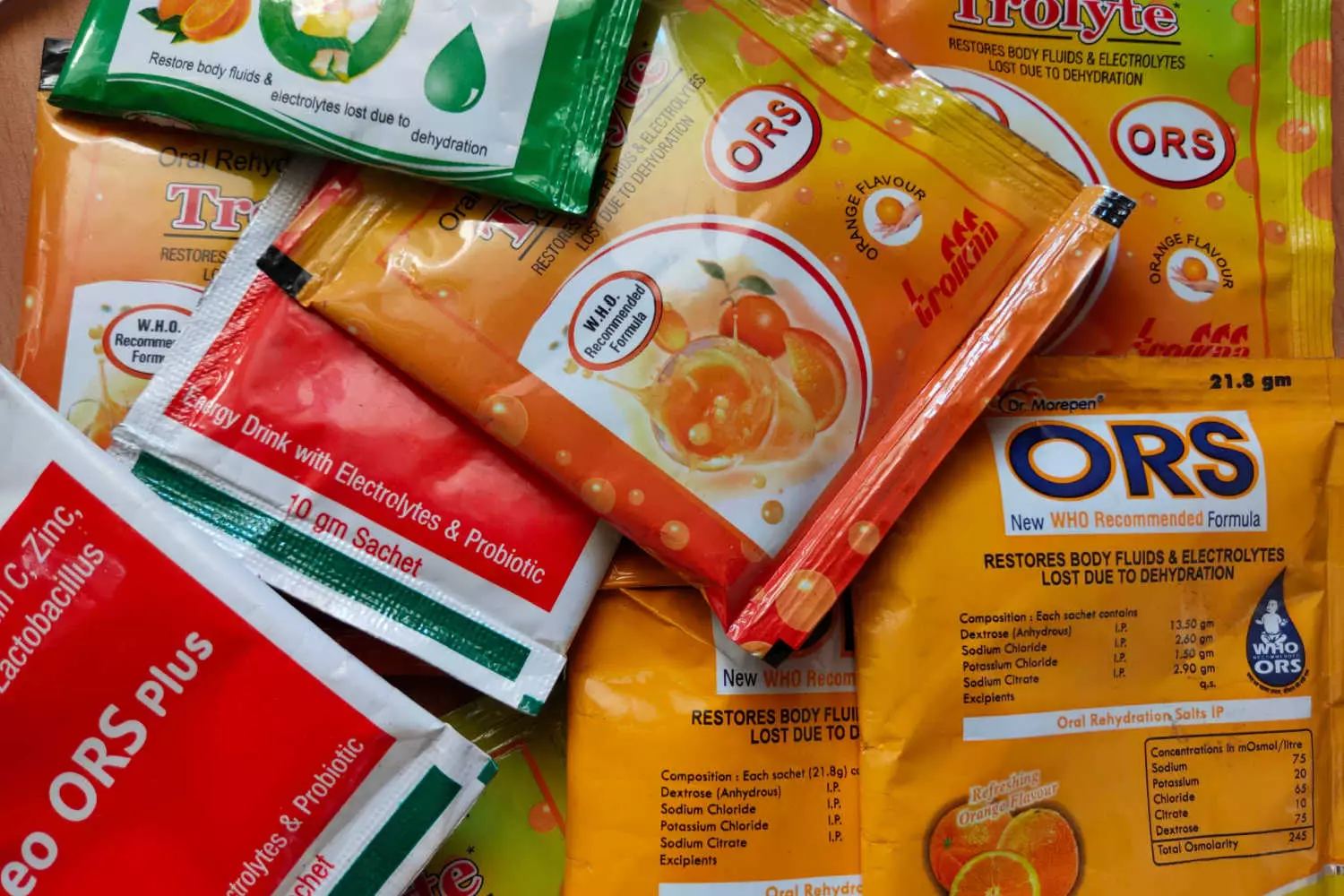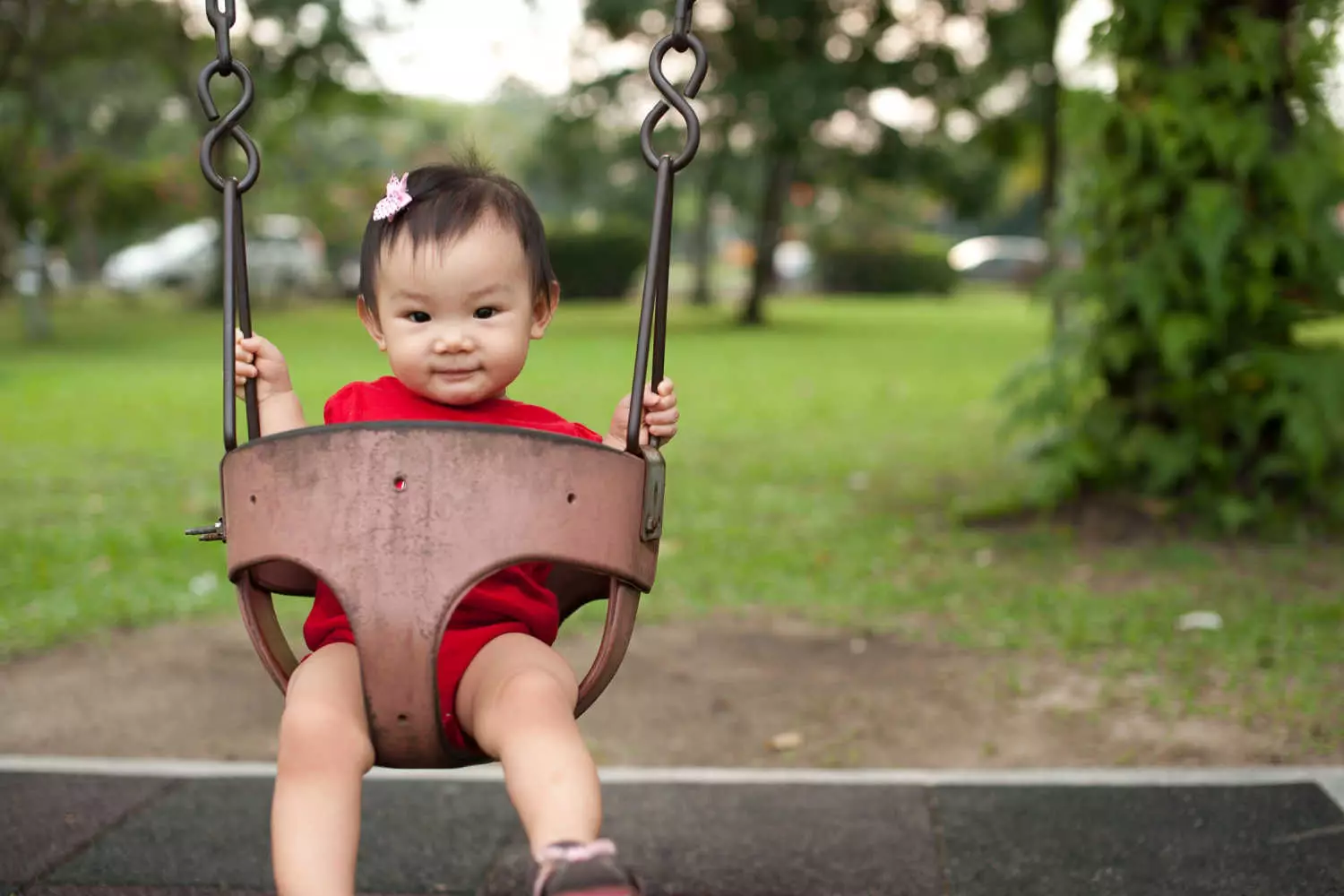
What If Your Baby Chews or Swallows On Batteries? by Dr. Chetan Ginigeri
5 min readWritten by Editorial Team


“ Children’s curiosity about their immediate world is not matched by their ability to understand danger ”
It’s a known fact that there is nothing in this world that will not catch the fancy of a little one’s eye! Be it metal, plastic, glass, natural, man-made, chew-able or toxic, babies cannot differentiate between edible/non-edible and safe/toxic. Especially those who are in the teething phase will chew anything and everything that will satisfy their gum irritation. This can be really dangerous if left unnoticed, as a baby can sometimes end up chewing or ingesting highly risky and hazardous things. One such item is a battery.
Yes, as stated earlier, infants can start nibbling anything and batteries are completely within this genre! But what do you do when such a thing happens? How do you give first aid? Are there ways to prevent this? Let’s find out!
In this Article
What if Your Baby Chews on Batteries?
Since batteries are found in almost all the toys, there is a high possibility that your little genius will pull one out of the toy and start nibbling on it without knowing if it’s a food item or a highly toxic substance.
Be it stuffed toys, remote controlled cars, robots, mimicking birds or other cell/battery operated play items, all are powered by either a button or an alkaline battery. These contain metals like zinc, mercury, lithium etc. Since these are so small and easy to hold for babies, they often seem danger-free to them.
If your little one accidentally chews on a battery and manages to swallow it, you must immediately rush to the hospital as this is treated as an emergency. Any leakage of the dangerous substances within the battery can prove fatal.
Battery Hazard for Babies
A small button battery or an alkaline battery, once accidentally swallowed, is likely to get stuck in a food pipe or esophagus and that is a time critical emergency.
- Pressure exerted by the stuck battery against the wall of the food pipe can cause pressure induced tear or breach.
- The negative charge side of the battery, when it comes in contact with the electrolyte rich wall of the food pipe, can cause a chemical reaction and melt away the food pipe, the windpipe and neighboring the blood vessel, causing life threatening bleed. Hence, immediate transport to a well equipped pediatric hospital with an endoscopic removal facility is essential.

Signs and Symptoms of Battery Ingestion
Here are the signs to look out for, that suggest battery ingestion:
- Abdominal pain
- Vomiting
- Gagging
- Continuous drooling
- Dark, bloody stools
- Breathing difficulties(due to airway blockage)
- Choking
Battery Acid Poisoning in Babies
Apart from the internal burns and choking risks, ingestion of batteries poses other risks too in babies. For example, if your baby chews on batteries, the battery acid can cause severe burns in the mouth. The battery acid, either in liquid form or in dried flakes, can get into your baby’s eyes, causing pain, burning or even blindness.
What First Aid Can be Given to Babies?
Follow these first aid steps when you see your baby chewing on batteries:
- Stay with the baby
- Do not give anything to eat or drink
- Do not induce vomiting
- Rush to hospital

What to do If Your Baby Ingested a Battery?
These general procedures are followed,if your baby has ingested a battery:
- A chest and abdominal X-ray is done to locate the exact site of impaction.
- If lodged in the food pipe / wind pipe – arrangements are made for immediate removal of the battery using instrumentation endoscopes. This may require your child to be wheeled to the operating room.
- The exact extent of injury / corrosion is known only after the procedure.
- The baby may need to stay hospitalized for 2-3 days or more depending upon the injury.
- Oral intake will be started as per doctors advice.
Safety and Prevention Tips for Battery Ingestion
We need to understand that babies enjoy playing with almost everything that comes their way; they love to explore and satisfy their curiosity. It is our responsibility as adults to make sure we create a safe environment for them to grow. Prevention is the key here. Try to keep some pointers in mind:
- Always make sure that the infant is not surrounded by anything unsafe, hazardous or even a tiny bit harmful.
- Keep an eye on the baby at all times. Your little one can’t distinguish between good or bad, you can!
- Store any loose batteries in child-safe containers and away from your kid’s reach.
- Put a tape onto the battery compartments of toys to ensure batteries do not come out and your little one does not “accidentally” pull them out.
Remember, kids will be kids. You do not have to completely shut out batteries from their lives, just be extra careful with such things. Continue to buy your little bud his/her favorite toys, but make sure you keep their safety in mind and follow preventive methods. Check all toys for safety compliance before handing over to your child, especially the online purchases.
Your child’s paediatrician is simply a phone call away. So, do not panic in such situations and give them a call.
FAQ’s
1. Can I Make my Baby Drink Water if They Have Swallowed a Battery?
No don’t give them anything. You may think water might help push it down from the food pipe. However, batteries can react with the electrolytes present in the body, which can be fatal.
2. Why do Babies Like Licking Batteries?
The negative charge side creates a tingling sensation in your tongue when licked. Babies might find this new and interesting. They are curious by nature and might want to explore further.
3. What Can I do if My Baby Keeps Pulling Out Batteries to Chew on Them?
Remove all battery items from reach. Be it the TV remote, toys, anything. Let them learn batteries cannot be taken out or played with.
4. What if Battery Gets stuck in my Child’s Nose?
It is still dangerous. It can block their airway and make it difficult to breathe. Please rush them to a well equipped hospital immediately.

Editorial Team,
With a rich experience in pregnancy and parenting, our team of experts create insightful, well-curated, and easy-to-read content for our to-be-parents and parents at all stages of parenting.Read more.
Responses (0)
Want curated content sharply tailored for your exact stage of parenting?
Related articles

Tips and Ideas For Selecting Baby’s First Birthday Dress For Boys

Top Activities For a 4 Month Old Baby – Benefits and Tips For Parents

Probiotics For Babies – Benefits & Side Effects

CHARGE Syndrome in Babies – Causes, Symptoms and Treatment

ORS For Babies – Is it Safe, How Much to Give and Top Benefits

When Should You Introduce Baby Swings to Your Baby?
Sponsored content
Discover great local businesses around you for your kids.
Get regular updates, great recommendations and other right stuff at the right time.





